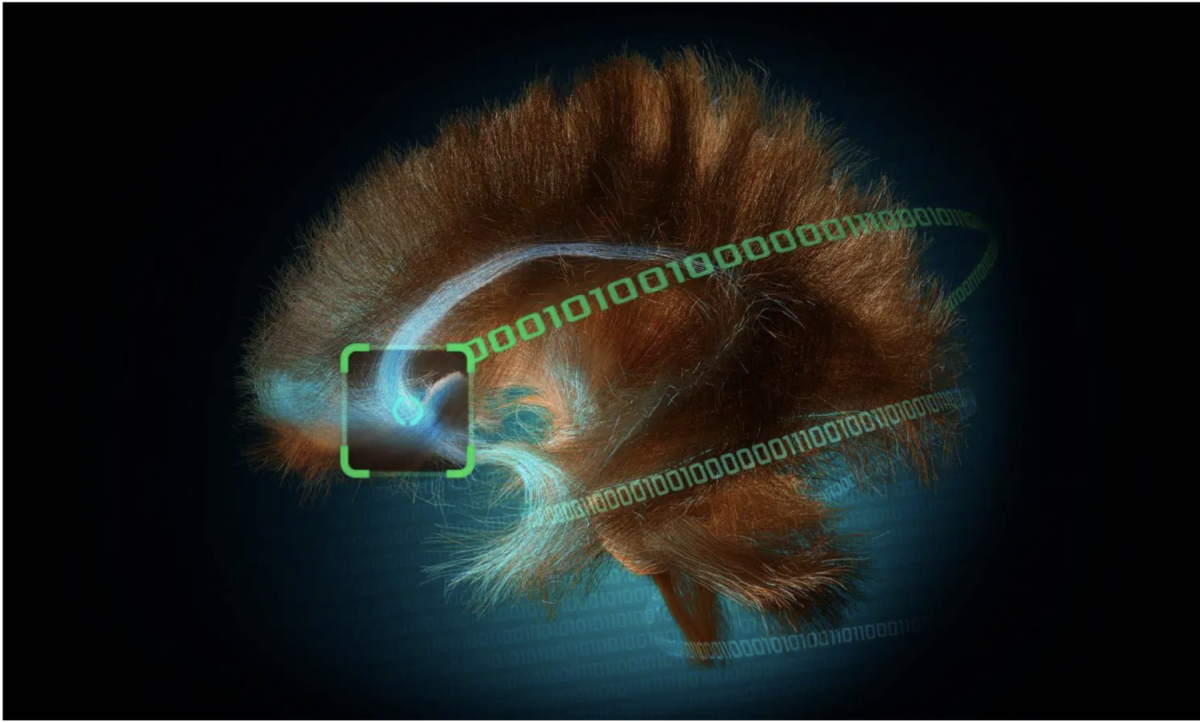
A team of clinicians, engineers, and neuroscientists has made a groundbreaking discovery in the field of treatment-resistant depression. By analyzing the brain activity of patients undergoing deep brain stimulation (DBS), the researchers identified a unique pattern in brain activity that reflects the recovery process in patients with treatment-resistant depression. This pattern, known as a biomarker, serves as a measurable indicator of disease recovery and represents a significant advance in treatment for the most severe and untreatable forms of depression.
The team’s findings, published in the journal Nature Sept. 20, offer the first window into the intricate workings and mechanistic effects of DBS on the brain during treatment for severe depression.
(text and background only visible when logged in)